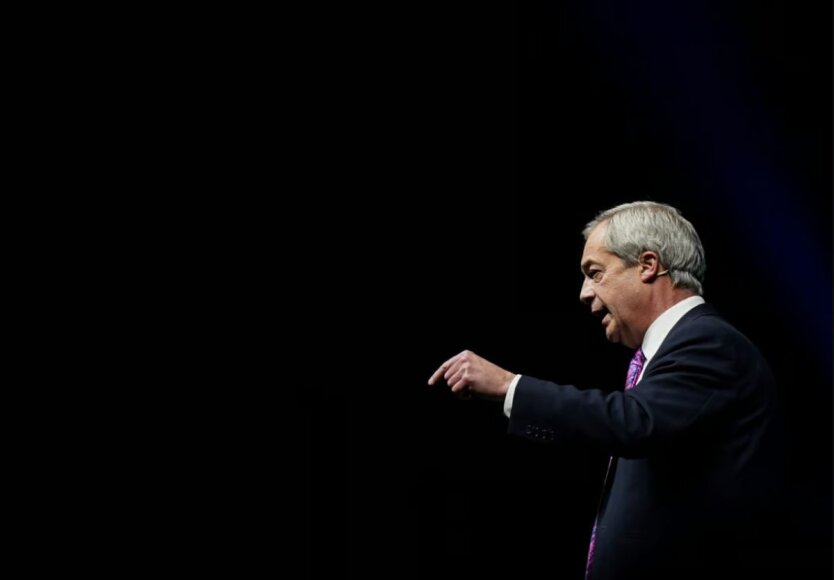Introduction
Nigel Farage, a prominent British politician and leader of the Brexit movement, has been a significant figure in shaping the UK’s political landscape over the past decade. His vocal advocacy for the United Kingdom’s exit from the European Union has not only transformed the political discourse in the country but has also influenced policy decisions and party dynamics. As political pendulums swing and public sentiment evolves, understanding Farage’s role becomes increasingly pertinent.
Recent Developments
In 2023, Nigel Farage has re-emerged in the public eye as discussions around the economy, immigration, and national sovereignty gain traction in the UK. As a contributor to various media outlets, including his appearances on GB News, Farage continues to express his views on the government’s handling of Brexit-related issues and economic policies. His fervent critiques of Prime Minister Rishi Sunak’s administration bring focus to a growing sentiment among certain voter demographics that feel disillusioned with mainstream political parties.
Furthermore, Farage’s influence extends to the establishment of the Reform UK party, which he founded to capture the spirit of ‘leave’ voters who seek a voice in ongoing political dialogues. The party aims to address economic challenges and advocate for tougher immigration policies, resonating with a constituency that feels neglected. Recent polls indicate a resurgence of interest in Reform UK, sparking discussions on whether it can unseat traditional powerhouses such as the Conservative and Labour parties in local elections.
Implications for British Politics
As the UK navigates its post-Brexit reality, Farage’s re-emergence signifies a possible shift within the electoral landscape. Political analysts suggest that his ability to mobilise public sentiment could reignite debates around national identity and security, especially as the government faces economic headwinds and public concerns about stability. The continued popularity of populist rhetoric could lead to a fragmentation of the party system, forcing mainstream parties to recalibrate their platforms to address the sentiments echoed by Farage’s supporters.
Conclusion
Nigel Farage remains a polarising figure in UK politics, representing a faction of the electorate that yearns for change. As the political landscape evolves, weighing the significance of his ongoing influence is crucial for understanding future election dynamics. His capacity to shape discussions on key issues may continue to resonate, especially as new challenges emerge. For voters, the implications of Farage’s actions are manifold, potentially paving the way for a seismic shift in how political representation is understood in the UK.
